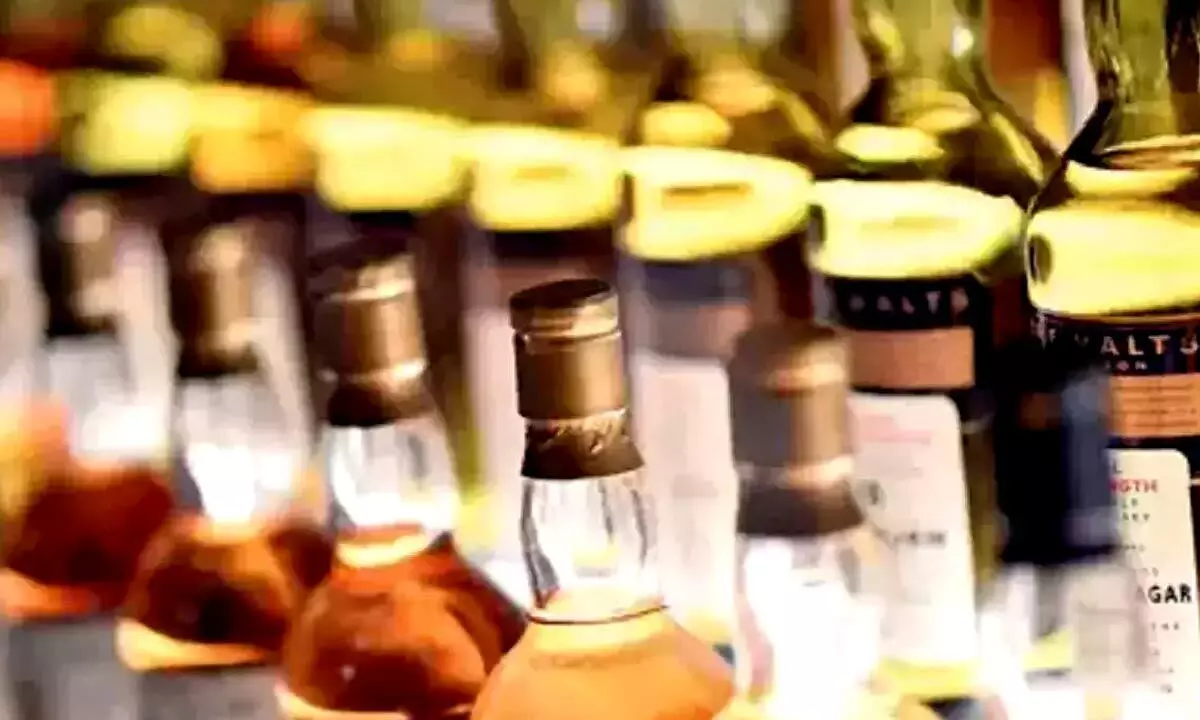Haryana has set the tone with radical new excise policy
With an increase of almost two-fold in excise revenue in the last five years, Haryana’s excise policies have successfully achieved and strengthened the long-term objectives of the government in ripping apart cartels, broad-basing the trade by facilitating the entry of new players of even modest means, establishing a transparent system of allotment of retail outlets and plugging leakages.
image for illustrative purpose

With an increase of almost two-fold in excise revenue in the last five years, Haryana’s excise policies have successfully achieved and strengthened the long-term objectives of the government in ripping apart cartels, broad-basing the trade by facilitating the entry of new players of even modest means, establishing a transparent system of allotment of retail outlets and plugging leakages. Those apart, the government is now aiming to cross a benchmark of Rs. 10,000 crore with its Excise Policy- 2022-23. Notably, in the last two years, recovery of licence fee at which the retail vends were allotted has been one hundred per cent full. The government intends to collect Rs. 400 crore for Environment and Animal Welfare (Gau Seva) and for ease of doing business. The labels of IFL (BIO) shall also be renewed at the district level. In a boost to the often-ignored MSME sector, licence fee for small (craft) breweries has been reduced, while supervisory fee for wineries has been reduced to promote wineries in the State.
In an India first initiative that is bound to be debated across corridors, large offices in Haryana will now be allowed to serve beer, wine and ready-to-drink low-content alcoholic beverages inside their premises with effect from June. The move is being described as “transformational” by those in alcohol business. The aim is to increase revenue for the excise department and the opportunity for corporate employees who work in high pressure situation to unwind. In order to curb liquor pilferage by wholesale licensees, the stringent penalties have been put in place. Moreover, there will be a complete ban on liquor promotion advertisements across various platforms, including social media. The limit of the maximum number of retail liquor vends in the state has been reduced from 2,500 to 2,400 in 2023-24. While no maximum sale price has been fixed for any brand of liquor for the policy year 2023-24, the MRP of some of the brands have been mentioned. In the current policy, the retail liquor vend zone size has also been decreased from four to two in a bid to allow more participants to apply for shop licence through e-tender.
In the new policy, there has been an increase in the basic quota of country liquor, IMFL and Imported Foreign Liquor (BIO). With this, there has also been a nominal increase in rates of excise duty on the first two. This is expected to give a major push to the excise revenue. In order to promote low-alcohol content beverages, the excise duty on ready to drink beverages and beer under the mild and super mild categories has been slashed. Further, the licence fee for the Pub category (L-10E), that is for the consumption of only beer and wine has been reduced further. With this, as an environment-friendly measure, the new policy aims to discontinue the use of PET bottles in the bottling of liquor from February 29 ahead of the next fiscal.

